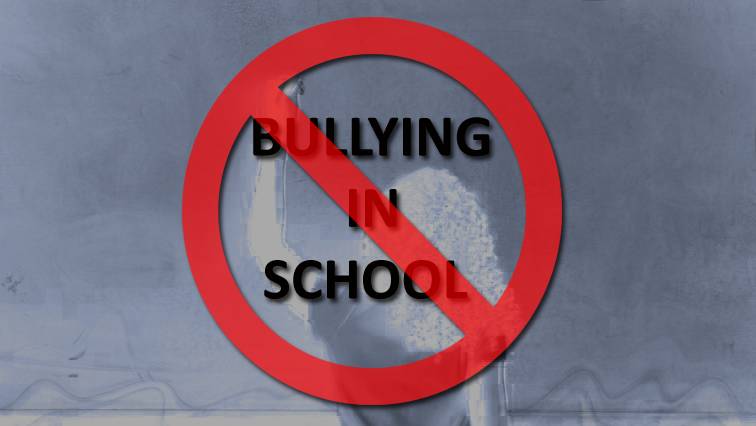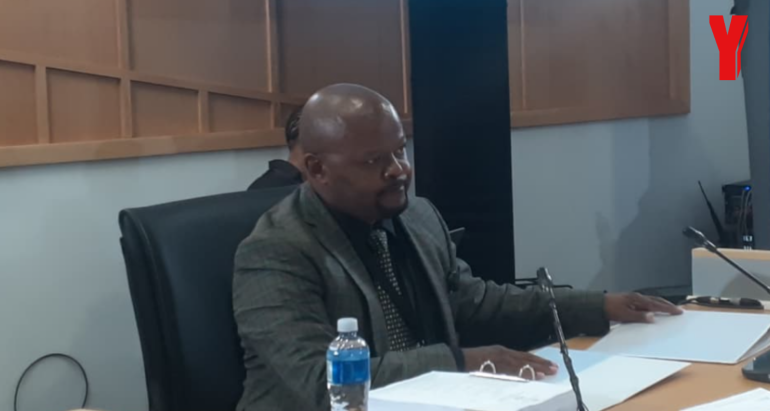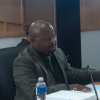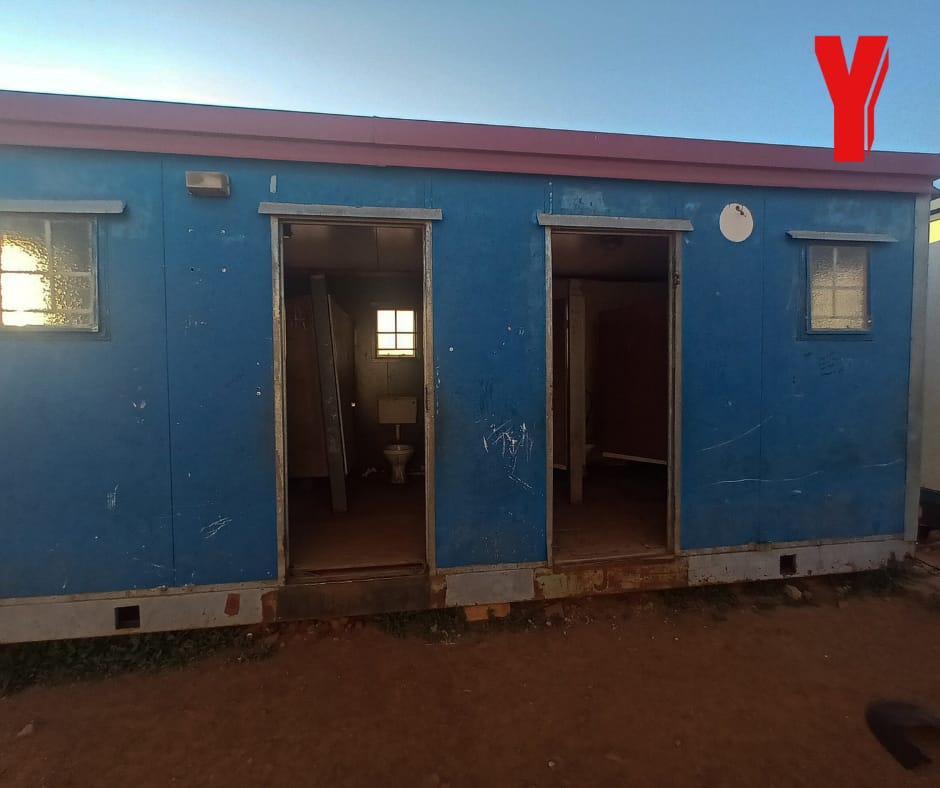
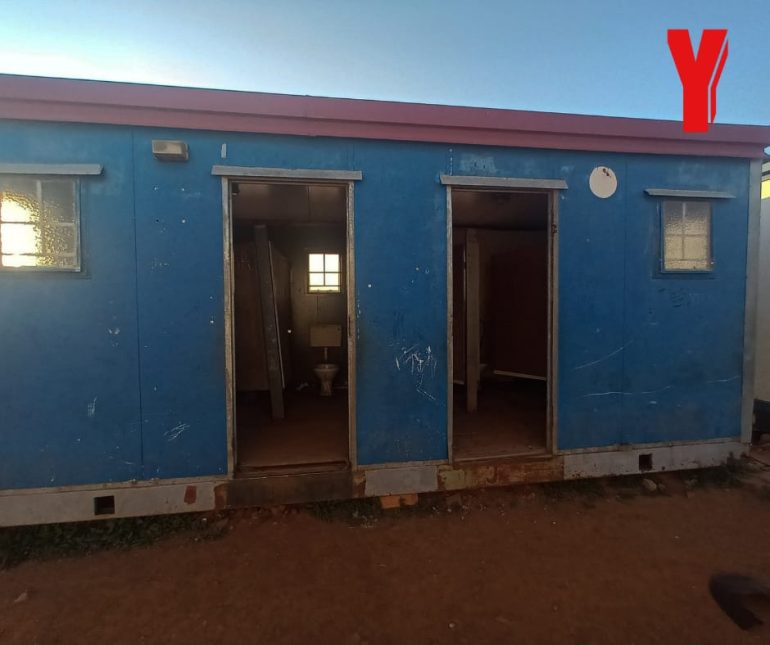
The South African Human Rights Commission says Gauteng schools are facing a serious overcrowding crisis, with some classrooms accommodating more than 50 learners.
Releasing its 2025 School Readiness Monitoring Report on Wednesday, the Commission said the findings expose deep-rooted problems in South Africa’s education system — including infrastructure backlogs, delays in school placements, and deteriorating learning conditions.
The report, which monitored 150 schools across all nine provinces, including 20 in Gauteng, found that the province continues to struggle with a surge in learner enrolments, poor infrastructure maintenance, and uneven delivery of educational resources.
Many schools still rely on mobile classrooms, while permanent buildings remain in disrepair. Referrals to special schools were described as slow and inefficient, and delayed delivery of textbooks and stationery continues to undermine equitable access to learning.
Commissioner, Tshepo Madlingozi, said that while some progress has been made — such as eradicating pit toilets — many newly built facilities remain unsafe or inappropriate for learners.
“In a lot of schools, pit toilets have been eradicated, but not only that, in some schools they have been replaced with unsafe or not age appropriate sanitation. So, we should not just celebrate that we have eradicated pit toilets, the sanitation we have replaced it with we have to really be mindful that it is safe, appropriate and environmentally friendly,” he said.
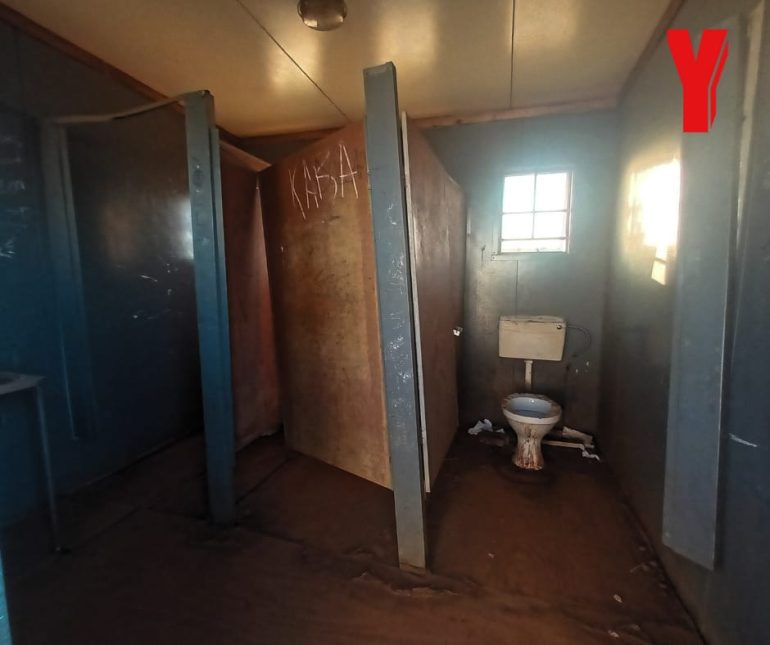
The Commission also found that school feeding schemes are functional but overstretched, while budget constraints continue to create shortfalls that directly affect learners.
Madlingozi warned that these recurring issues reflect a chronic lack of planning and accountability within the education system, saying that underfunded schools cannot provide safe, dignified, or effective learning environments.
“There has been budget cuts, there has been austerity. So while we understand fiscal consolidation, austerity undercuts constitutional promises. And we appeared before Treasury at the beginning of the year to raise this issue, that you really need to provide sufficient budgets,” Madlingozi said. “A budget that is not sufficient is an unconstitutional budget, because it impinges on the ability of departments to progressively realise promises in the constitution.”
The report also highlighted the persistent problem of sexual violence in schools, calling it an endemic issue across all provinces. The Commission it as a grave violation of children’s rights and an assault on the country’s democracy.
It said it continues to intervene in cases of rape and sexual assault in schools by working with principals, provincial departments, and the South African Council for Educators to ensure accountability and prevent offenders from resurfacing in other provinces.
Madlingozi noted that underreporting remains a major concern, with some principals failing to report cases and, in some instances, parents being bribed to withdraw complaints.
The SAHRC said the School Readiness Monitoring Report is both a diagnostic and accountability tool, urging government to act urgently to safeguard learners’ constitutional right to quality education.
The Commission has given the Department of Basic Education 60 days to submit a comprehensive plan outlining immediate and long-term measures to tackle overcrowding, infrastructure failures, and systemic inequality.
The Commission calls for a comprehensive national infrastructure audit and intervention plan
— SAHRCommission (@SAHRCommission) November 12, 2025
Written by: Lebohang Ndashe
Written by: Nonhlanhla Harris
2025 School Readiness Report Department of Basic Education South Africa Gauteng school overcrowding infrastructure backlogs in schools SA Human Rights Commission sexual violence in schools South Africa education crisis unequal access to education
Similar posts
Current show
Upcoming shows

Savage Nights with Thabo X and Shamiso
10:00 pm - 12:00 am

Playground
12:00 am - 5:00 am

The Way Up with Nia Brown and Okay Wasabi
5:00 am - 9:00 am

Morning Break with Xtremme
9:00 am - 12:00 pm

The Lunch League with FreshByCaddy and Yvette Floss
12:00 pm - 3:00 pm
Latest posts
COPYRIGHT 2023

